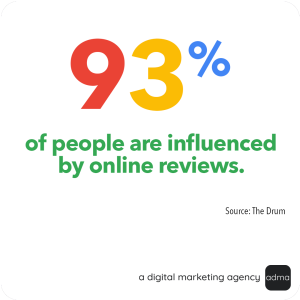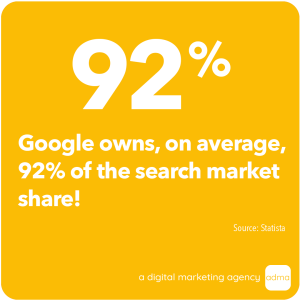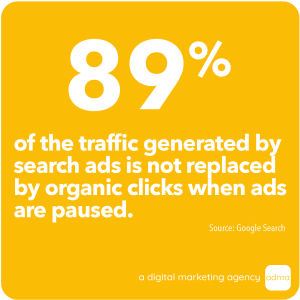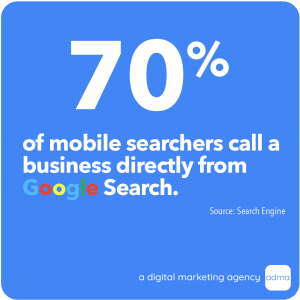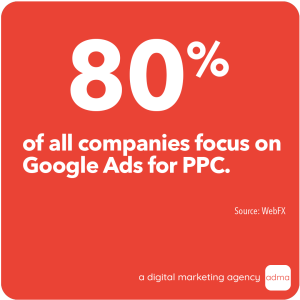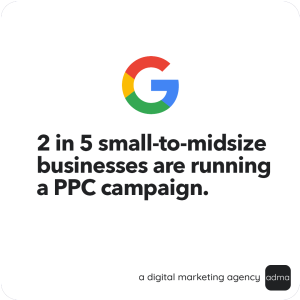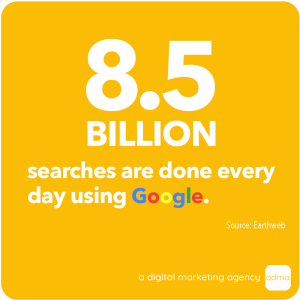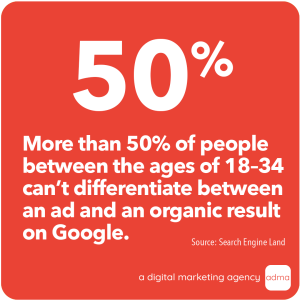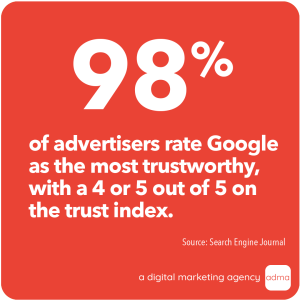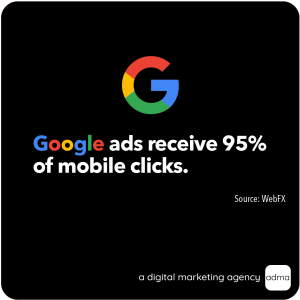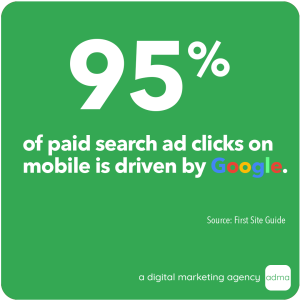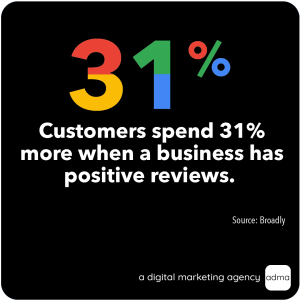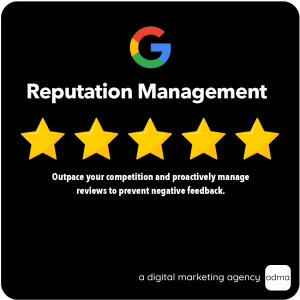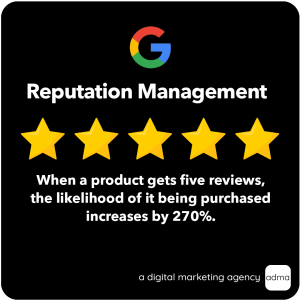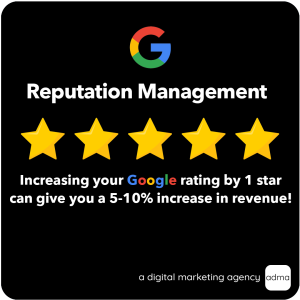What does Search Engine Optimization Mean To You?
Search Engine Optimization (SEO) is essential for any effective digital marketing strategy. Whether it’s Local SEO or General SEO, understanding the fundamentals, such as keyword research, will provide insights into your online footprint and equip you with the tools needed to develop a robust organic search strategy for your website.

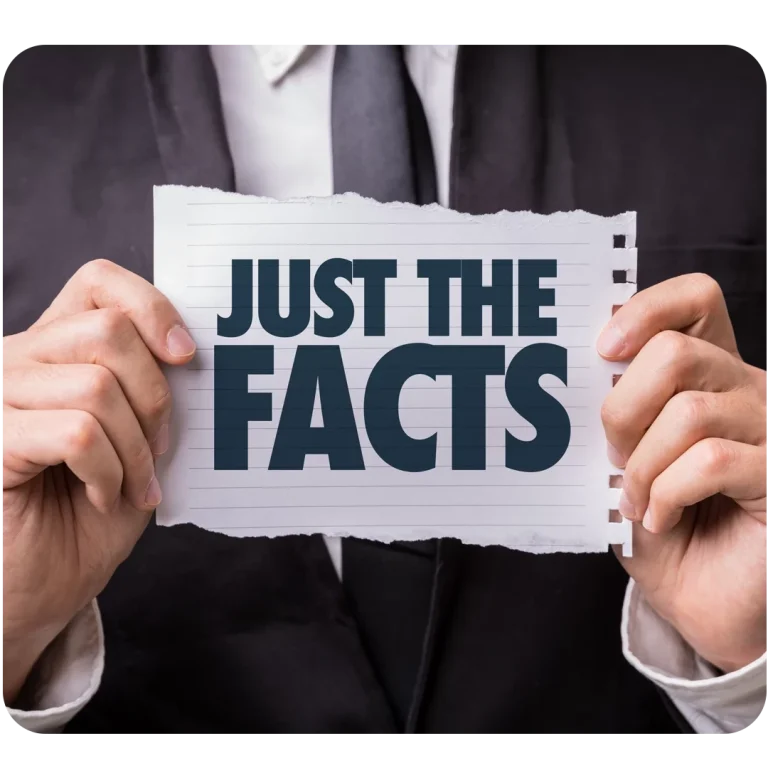
Simple Facts About SEO
- SEO Isn’t an Add-On; It’s Built-In: Search engines are essential to the consumer decision-making and buying process, making organic search crucial for every business. Visibility on Google and other search engines is vital because it’s where most people turn when searching for products and services. As a result, the majority of your website traffic will come from these sources. Organic search helps you connect with potential buyers effectively.
2. SEO Is No Replacement For A Good Product:
Great SEO can’t fix a flawed product—it’s like “dressing up a pig.” Start by ensuring you have a good product. In the longterm, customer sentiment will influence your overall Google ranking. Google recommends high-quality products users love, so “customer delight” will impact your search visibility. Don’t treat SEO as a quick fix. It’s essential to address product issues to ensure long-term success.
3. There’s no substitute for an SEO Expert:
You can’t just “install SEO” with a plug-in. Effective SEO goes beyond ticking off boxes in your website’s settings. Many businesses miss opportunities due to a lack of expertise in organic search.
At ADMA we strengthen your marketing and avoid costly mistakes, such as detrimental code changes, slow plug-ins, and skipped audits. Proper technical SEO, which should be addressed before using any plug-in, involves careful planning of your website’s structure, navigation, and internal links.
4. Good SEO is Data Driven:
Poor planning leads to poor results. If search marketing fails, the fault lies with inadequate planning, not Google or SEO.
Ineffective planning and execution limit your reach and increase failure rates. Make decisions based on facts, not instincts. Use digital analytics effectively to focus on relevant data and avoid guesswork. Proper data analysis prevents unnecessary risks and helps drive your business forward.
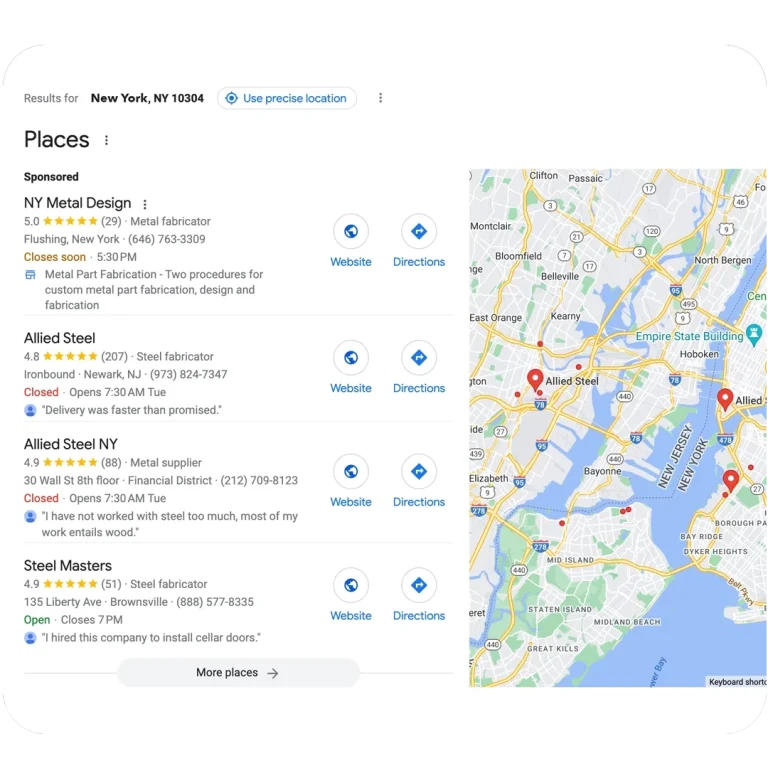
Understanding Local SEO?
Local SEO encompasses techniques that can help your business appear more prominently in unpaid, location-based search results on Google Search, Google Maps, and other search engines.
While most search results are tailored to the user’s country, local SEO focuses on targeting specific areas, such as cities and districts.
This can greatly benefit businesses with physical locations, such as restaurants, gyms, and mechanics, as well as local service providers like plumbers, electricians, and landscapers.
Why Is Local SEO Important?
Google local search queries range in the billions every month, and appearing prominently for relevant queries significantly increases your chances of gaining new customers.
When Google detects that searchers are seeking products, services, or amenities in the vicinity of a specific location
Google shows the local results. For example, local keywords such as “birria tacos” or “birria tacos near me”.
Businesses with the best local SEO tend to rank highest for these local keywords, making them more likely to be discovered and engaged with by users.
Regardless of your business type or location, you can reach potential customers through search. In fact, 98% of searchers choose a business from the first page of search results, and 93% of people are influenced by online reviews.
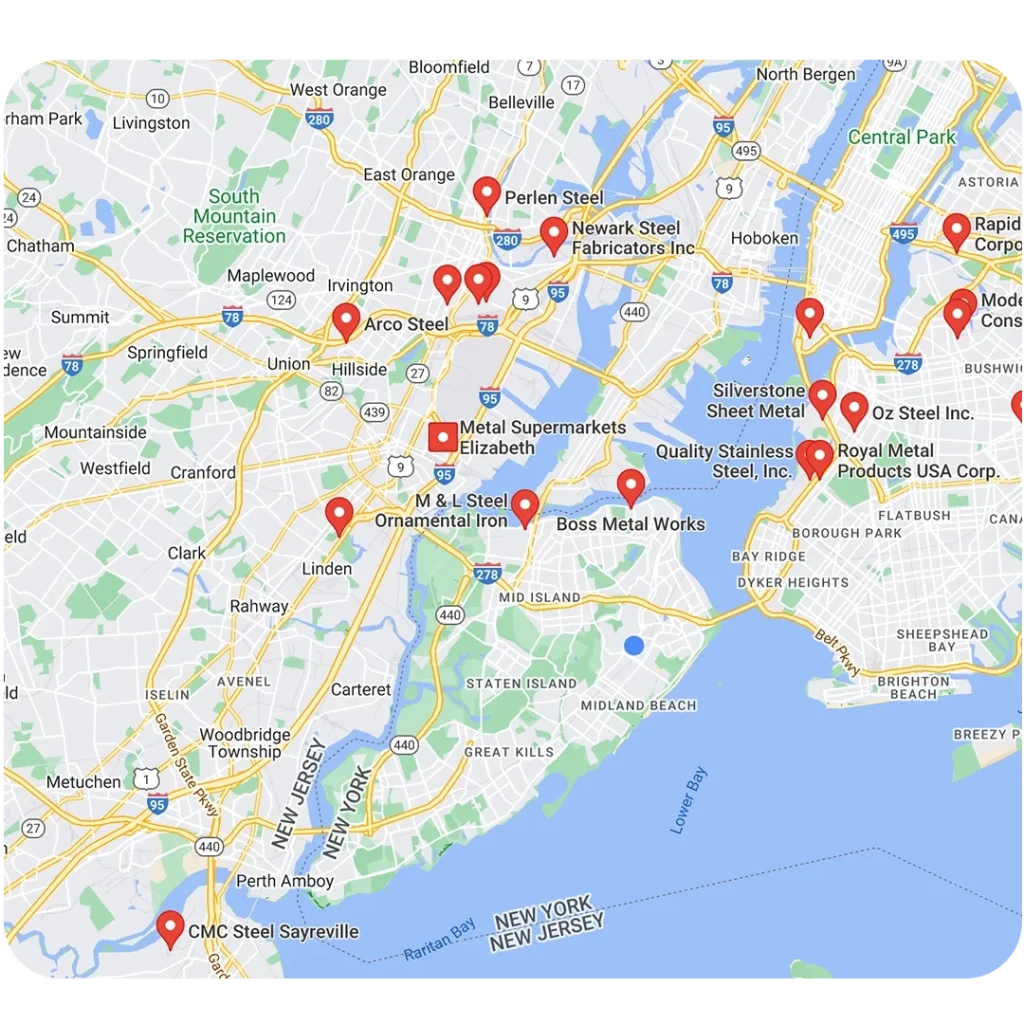

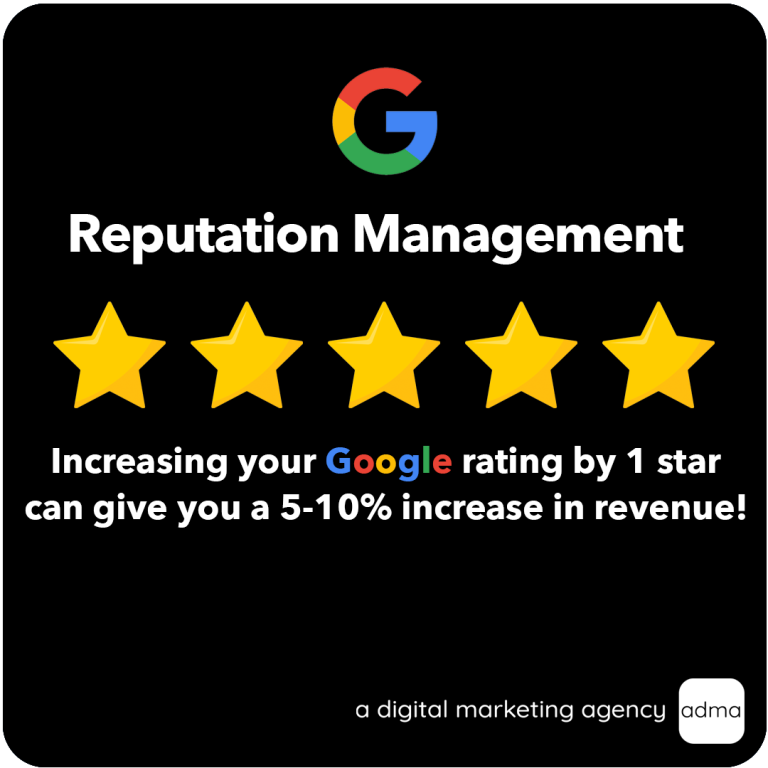
General SEO?
In general it’s the process of identifying and addressing a users need or want. When creating or providing content for your website, its essential the content aligns with the users need or want and aligfns with the way Google evaluates this content. Googles search algorythm evaluates the search “meaning” and connects it to the most releavant “results”.
On-Page -vs- Off-Page SEO
Search engine optimization (SEO) involves various strategies to enhance a website’s visibility and ranking. It is generally divided into two categories: on-page SEO and off-page SEO, each targeting different aspects of optimization.
On-Page SEO
On-page SEO focuses on optimizing elements directly on a webpage to improve its search engine ranking. This approach aims to enhance the content’s relevance and usability for both users and search engines. Key practices include: Unique Titles, Internal Linking, Image Optimization.
Off-Page SEO
Off-page SEO involves external efforts to build your site’s reputation and authority. Unlike on-page SEO, it focuses on factors outside your website. Key practices include: Backlink Building, Social Media Promotion, and Review Management.
In summary, on-page SEO improves content within your site, while off-page SEO enhances your site’s reputation externally. Both are crucial for a comprehensive SEO strategy.





